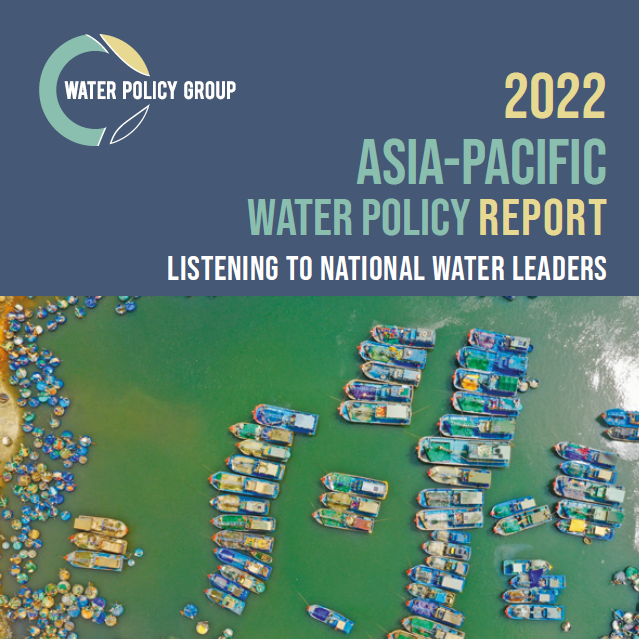The 2022 Asia-Pacific Water Policy Report was launched during the 2nd High Level International Conference on International Decade for Action, “Water For Sustainable Development”, 2018-2028 in Dushanbe, Tajikistan.
The Report highlights Asia-Pacific water issues for high level political leadership and policy makers’ attention. It aims to support countries in their efforts to achieve better water outcomes, and reflects the opinions, perspectives and experience of Ministers, agency heads, senior officials, and others whose job it is to make difficult decisions on water management in their respective countries.
The Asia-Pacific Water Policy Report is based on the experiences and perspectives of national water leaders from 30 countries in the Asia-Pacific Region. Among them, they have responsibility for achieving ‘sustainable water for all’ for over 3.8 billion million people.
In summary, this is what they are saying:
- National water leaders in the Asia-Pacific region consider the highest water-related risks their countries face are climate change and associated pressures on water supplies and worsening floods and
droughts. - The greatest challenges they face are inadequate infrastructure, data and public awareness coupled with the problem of administrative fragmentation.
- Many consider the Sustainable Development Goal 6 targets to be ‘challenging’ or ‘impossible’ to achieve, with governance problems and lack of financing the main reasons for this.
- While groundwater is considered by many national water leaders in the Asia-Pacific region to be essential to their country’s future water supply, far fewer consider their groundwater is being used sustainably.
- The results from the national water leaders of the Asia-Pacific region largely mirror the concerns and issues of their counterparts across the world, as revealed in the 2021 Global Water Policy Report.
The 2022 Asia-Pacific Water Policy Report was prepared by the Water Policy Group in partnership with the University of New South Wales Sydney Global Water Institute.

